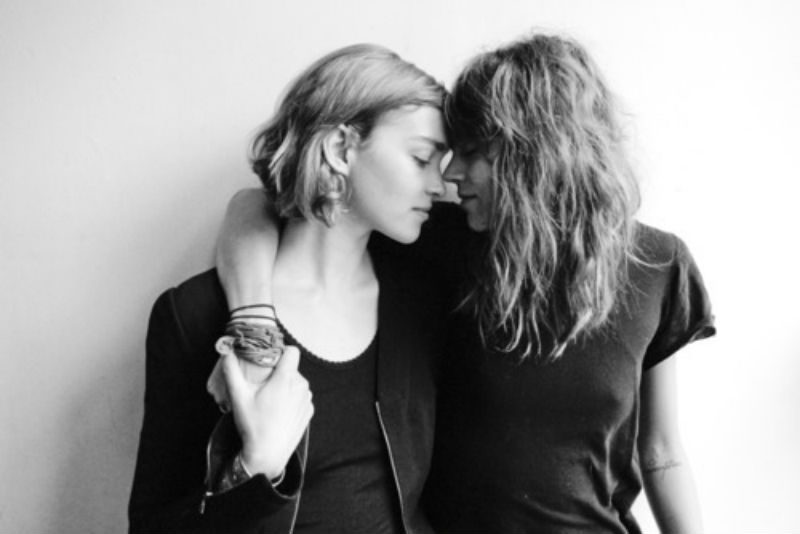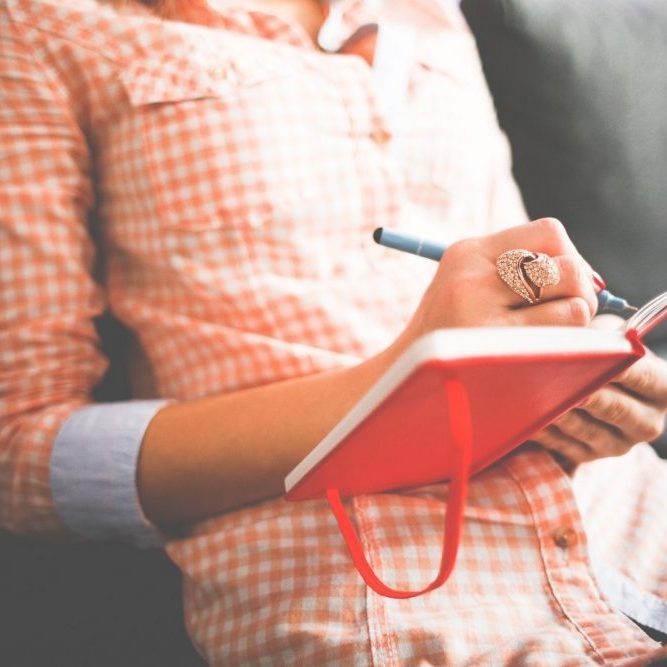
How do we take losses like a breakup and turn them into learning experiences?
I pull into the parking lot in front of the bar one Saturday night. Rain floods the lot, leaving an inch of standing water everywhere. I put the car in park, leaving the engine running. Windshield wipers going crazy, I sit for a moment, peering out of the drenched, fogged-up glass toward the bar entrance. I eye the birthday card on the seat next to me and sigh. I tell myself to buy the birthday girl one drink, and then I can head home to my cozy apartment, where sweatpants, UGGs, and bad reality TV await.
An hour later, I am sitting on a barstool, chatting with friends, when I feel a tap on my shoulder. I turn as the bartender pushes a beer my way. “Someone wanted you to have this,” she says. I look around the bar, hoping to make eye contact with my benefactor. I joke, “Well, I can’t accept it if I don’t know who it’s from now, can I?”
The bartender tilts her head toward one end of the bar. My eyes follow. She offers, “Blond hair.” I smile to myself, suddenly glad I came. I step down from my stool and walk toward Blond Hair, who turns to me as I walk up. I hold up my beer and tell her, “Thanks for this.” She smiles, holds her hand, and says, “You’re welcome. I’m Anna.”
And just like that – the beginning.
Fast forward three years and a brief stint in couples’ therapy later, and Anna and I are in the middle of yet another argument. I feel like we are speaking different languages. Confused, I finally blurted, “Do you even care about how I feel?” She answers, “Why should I have to worry about how you feel?” And I knew.
Suddenly it all made sense. At that moment, she told me she didn’t value my feelings anymore. There was nothing left to do but begin the long process of ending our complicated relationship.
Months later, after putting myself back together, moving out, and moving on, I realised that with Anna and many past relationships, I operated on autopilot and was prone to blaming others for painful situations. I dealt with my fear of failure not by accepting emotions and facing them but by diverting my attention to distracting behaviours like staying busy, going out, and focusing on my girlfriend rather than on myself. The advantage of living on autopilot was that I didn’t have to acknowledge my feelings and emotions—and the fact that I had no idea how to handle them.
After Anna and I broke up, I was tempted to blame her for all our issues and launch back into the hyper-busy mode, but something stopped me. In the spirit of taking responsibility for myself, I realized that being unconscious in my life meant that I continually wound up in relationships where I didn’t feel valued.
I realized I had to do something differently if I wanted a different experience. I decided that going forward; I would try to focus less on other people and instead stay focused on accepting my own feelings in the present moment.
In the movie Bridesmaids, when Annie hits rock bottom, Megan tells her that she is her problem and her solution. I can’t help but wonder what dating life would be like if I stopped looking for blame, stopped moving through life rather unconsciously and accepted that I am both my problem and my solution. Here’s to being present in each moment and to bring our own solutions in 2016.



